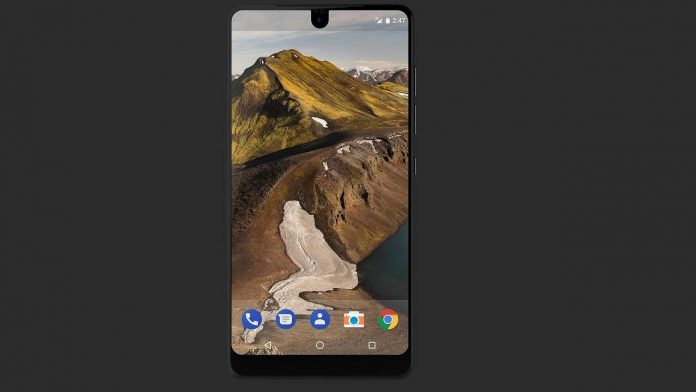According to Bloomberg, Andy Rubin is heading a project at Essential Products Inc. to develop an AI-based smartphone that will know you better than you do and communicate for you.
Imagine this: you’re out on a date with someone who is quickly turning out to be exceptionally special until — oh no — you hear a small chime, and your date breaks the moment to not only instinctively check the text message but then (gasp) respond out of habit. And once the virtual conversation begins, a mindless commitment to the exchange ensues, resulting in us feeding into our addiction to smart devices, wittingly or not.
- Andy Rubin,
 creator of Android and former CEO, is working on a solution to this concern with Essential Products Inc., a project which includes your phone responding to those messages on your behalf in your style.
creator of Android and former CEO, is working on a solution to this concern with Essential Products Inc., a project which includes your phone responding to those messages on your behalf in your style.
According to Bloomberg’s sources, the idea of this new kind of phone is to “book appointments to respond to emails and text messages on its own, according to the people familiar with the plans.” In fact, Rubin told Bloomberg last year that his goal is to develop a phone that is a “virtual version of you.”
As far as we know, the phone is just a concept, maybe one a bit too ahead of its time, although Bloomberg’s source suggests the tech may be present in some form at January’s CES event.
Though the intention of the phone mimicking its owner is certainly novel, the notion of AI responding in a human-like manner on various communication platforms certainly isn’t. Google Duplex, which is rolling out next month, can make task-oriented phone calls for you that sound natural and truly conversational.
On the other hand if we focus more on written communication, Google introduced Smart Reply last year and Smart Compose this May. The latter uses AI to help you quickly draft emails by suggesting complete phrases based on your email history. However, this is by no means a virtual representation of yourself like Rubin hopes to create.
He recognizes that this inventive idea has a long way to go, but the company is backed by $300 million. So, if anyone is going to do it, it could very well be this Silicon Valley figure — and if it’s for the good of all our relationships, it’ll hopefully be soon.











